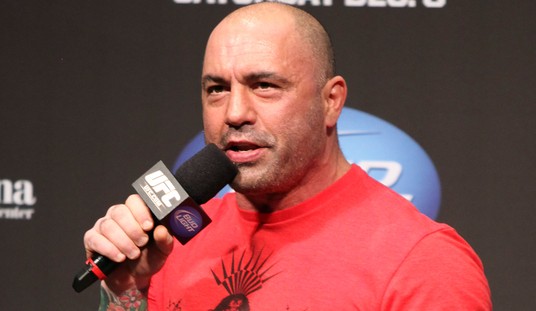“If you think tough men are dangerous, wait until you see what weak men are capable of.” - Jordan Petersen
Fascist. Toxic. Is he left or is he right? To postmodernists, he’s a formidable foe. To ideologues, he’s a mystery. To atheists, he’s a problem. Canadian professor and political commentator Jordan Peterson might be the most significant mind of our day, yet even with high tech mass exposure, most coverage gets him wrong.
At the University of Toronto, Professor Peterson’s rise to fame came with his “here I stand” moment that challenged the change in Canadian law for the mandatory use of gender pronouns. His controversial opinions sparked a flame that attracted considerable attention to his sizable library of lectures on the Internet, everything from Piaget to Pinocchio.
Petersen promotes the hero archetype, or manliness, defined by ancient stories
He derives his project from a deep concern with the direction of Western history, informed by a vast knowledge of philosophy and religion. Where his arguments do take a hard stand is when calling out ideas that contradict nature or dismiss human need. Ideas made destructive by the toxic forces of postmodernism and Marxism.
YouTube gave him a platform from which to reach a generation of males desperate to speak truth back to the growing anti-male, anti-West, anti-family bias. For many, Peterson was a welcomed father figure, who filled a sizable hole left by the culture’s move toward the radical left. His book, "12 Rules for Life" restored their pride with a simple tenet, “Clean your room.”
Recommended
Peterson passes through America’s divided mind because he operates in multiple worlds at once, organized by what he refers to as “the logos” — truth spoken into creation. The same word is used for Christ in the Gospel of John. Maps of Meaning reflect a triumvirate mind with an uncommon sophistication absent in political thought.
Peterson also travels a path between philosophical nihilism and religious fundamentalism, his penetrating mind a lens focused through Carl Jung’s prism of archetypal story. The story allows for non-partisan, universal, life lesson appeal to all human audiences.
Confusion is caused when the listeners require ideological purity and cordon off spheres in the divided brain: no overlap between conservative and liberal views, or critical thought (academic) and faith, or progress and the fixed natural order. For narrow thinkers his independent mind wreaks havoc.
With the aid of postmodernism, Peterson, the well-trained professor, detects modern cultural ills rampant in the academy today. Not for its challenge or even its suspicion, but for the fact that in the name of deconstructed ideology it joins with Marxism to do just that. Peterson argues the system won’t stand.
Where postmodernism has a helpful role in added perspective, but without the fortitude of positive philosophy, it becomes another political tool to rewrite history, distort gender relations, and break down traditional life, traveled by generations of lived Judeo-Christian souls.
Peterson identifies Marx as a source of the threat, perhaps as equal to the influence of Nietzsche on the Nazis.
In certain hands, Marx becomes political division replacing individual virtue or redemption with suspicion and political power, intending to destroy the role of the male.
Nietzsche warned that the end of Christianity would leave open a door to the very nihilism of which Peterson warns his audience. Postmodernism would tear down the sacred system, and Marxism would serve as the new religion. Peterson warns while we know when the right goes too far, we do not know when the left has reached extremes.
Peterson is a transformational figure, able to separate the contingent from the constant in history. In other words, when reflecting on the West’s philosophical and religious roots or great literature, he knows how not to throw the baby out with the bathwater.
He seeks a way to transform the power of logos into a new perspective, able to withstand the radical left. Not escapist religion, as Marx promotes, but the redemption of our present world, one life at a time. Peterson cautions, before you can change the world, you must change yourself. Take responsibility, speak the truth, train your mind, and in doing so you will save the world!
In other words, strive to be the archetypal male.


